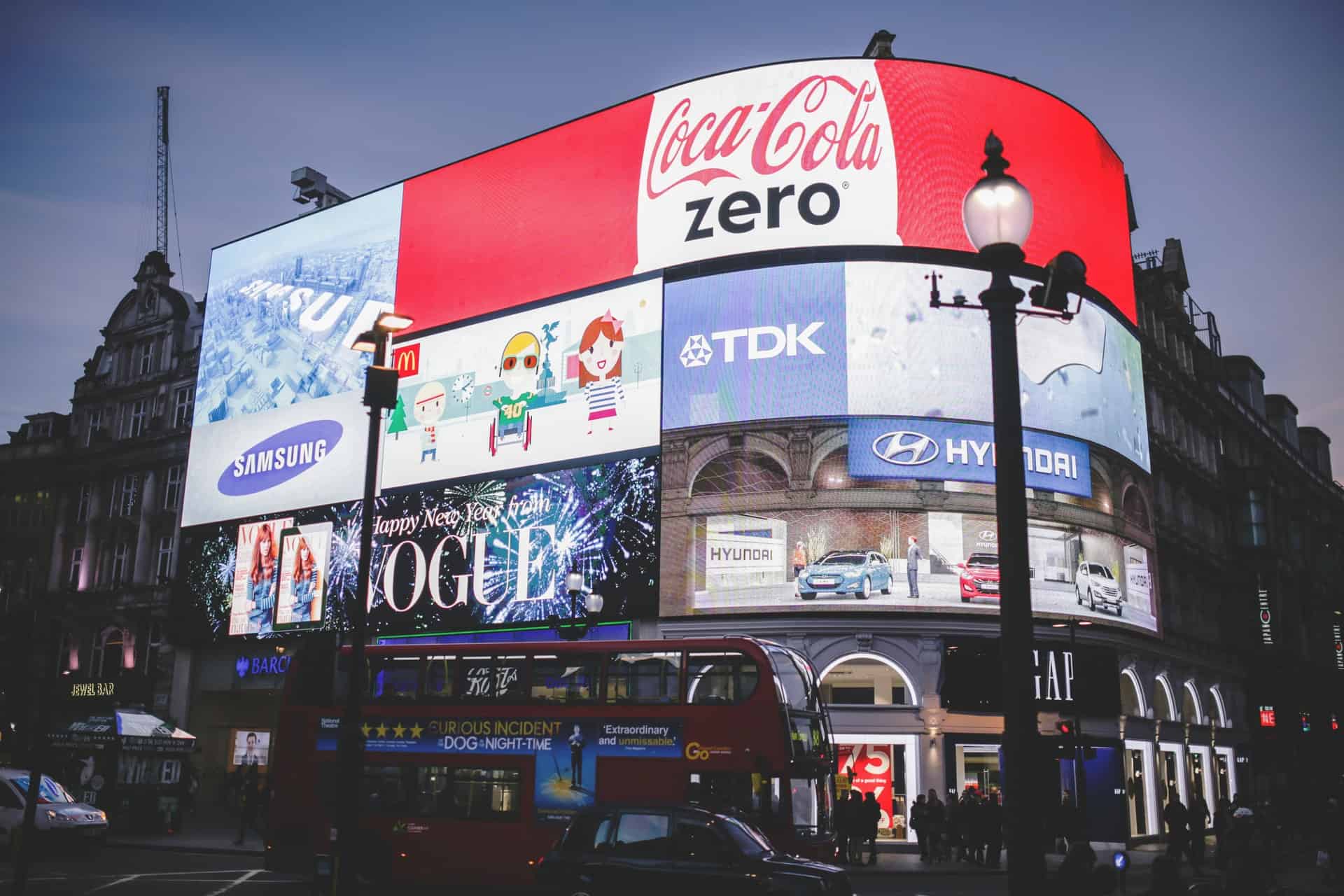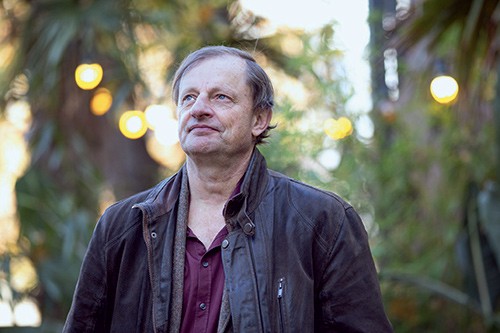HECs and Advertising

Ban ads? When it comes to advertising, HEC alums have differing opinions.
Incentive
Banning won’t do any good

For Mohamed Mansouri (M.19), assistant director of France’s Authority for Professional Regulation of Advertising (the ARPP), banning ads for the most pollution-causing products is counterproductive. “It’s looking at the issue backwards. If a product creates a problem, its use should be regulated. Advertising will take this into account. We need to take advantage of the positive role advertising can play in the ecological transition.” Instead of prohibiting ads, the ARPP opts for an incentive in the form of an annual “name & shame” report that measures respect for its recently strengthened “sustainable development” recommendation.
“Banning ads means looking at the issue backwards.”
Ostentation
Green bling
Given the challenges of the ecological transition and the need to change consumption patterns, shouldn’t we “make ecology irresistible”? That’s the advice of Jean-Noël Kapferer (H.70), an expert in brand identity and strategy, notably in the luxury-goods sector, and a professor of marketing at HEC. “We need to replace disgrace with desire. A recycled pullover should be more desirable than a new one. I think that younger generations are ready for this,” he says. “We still don’t know whether we can make a new product well known without advertising. It may be possible, but it hasn’t yet been proven.” He thinks that we need to make ecology sexy by putting the focus on ostentation. “The main motivation for buyers of ‘green’ cars is to show off to their neighbors. We shouldn’t be ashamed to use the power of marketing to develop ecological ostentation.”
Recommendation
Change the message

“Advertising and the Ecological Transition”, a report submitted last June to the Ministry of Ecological Transition, is based on interviews with around 100 professionals in the field. It recommends overhauling advertising so that it will help foster the ecological transition. Géraud Guibert (H.77), co-author of the report and Chief Counsellor at the Court of Auditors, is also president of the think tank La Fabrique écologique (The Ecological Factory). He believes that “advertising should better inform consumers” and, for example, should show pictures of cars with more people in them. The report also considers prohibiting certain ads, but “only if this is combined with banning products.”
Correlation
Advertising + media = complex equation
A solid subscriber base and events activities: the magazine Alternatives économiques (Economic Alternatives) is based on an original business model. “We achieve 6 million euros in turnover per year, and advertising only accounts for 5% of that, or 300,000 euros,” explains Jérémy Dousson (M.09), the monthly’s CEO. So, could the magazine do away with advertising completely? “We mostly do it for our Internet subscribers – it’s even a marketing tool. But, the print edition is another story. Given the way the press sector operates these days, it’s hard to imagine: 90% of media would collapse if advertising were eliminated.”
Consumption
No ads, no jobs

For Mercedes Erra (H.81), founder and president of the BETC Group and executive director of Havas Worldwide, “In a world where trade is free, trade should have a say. If not, we will have exchanged liberalism for a communist economy!” What about advertising’s responsibility for inciting overconsumption? A false charge. “In France, our problem is rather under consumption. If we don’t consume, companies will suffer, and that will have serious consequences for the unemployment rate.”
Automobile
Prohibit ads for the most pollution-causing cars? “This measure is way behind the commitments that have already been made by auto manufacturers,” says Frédéric Petit (E.15), head of projects for Renault. He believes that the sector’s current innovation standards are sufficiently strict.
Published by Flavia Sanches

